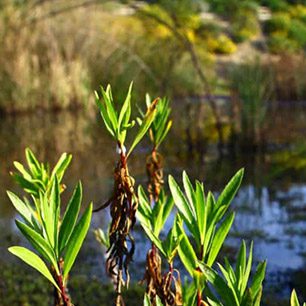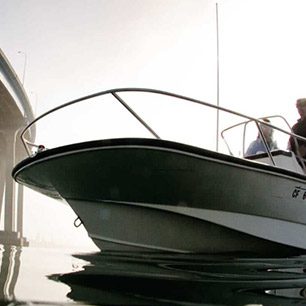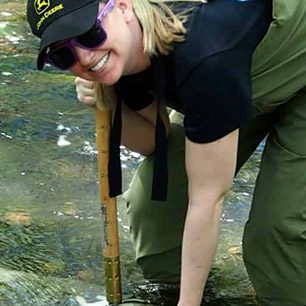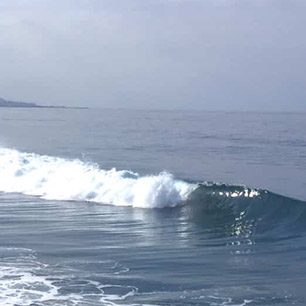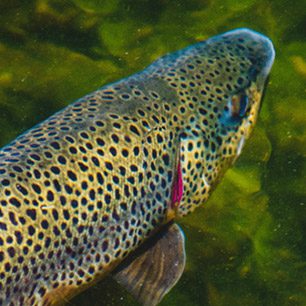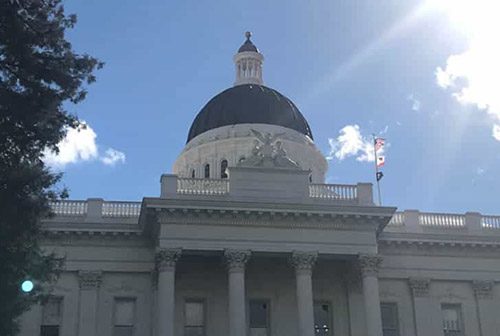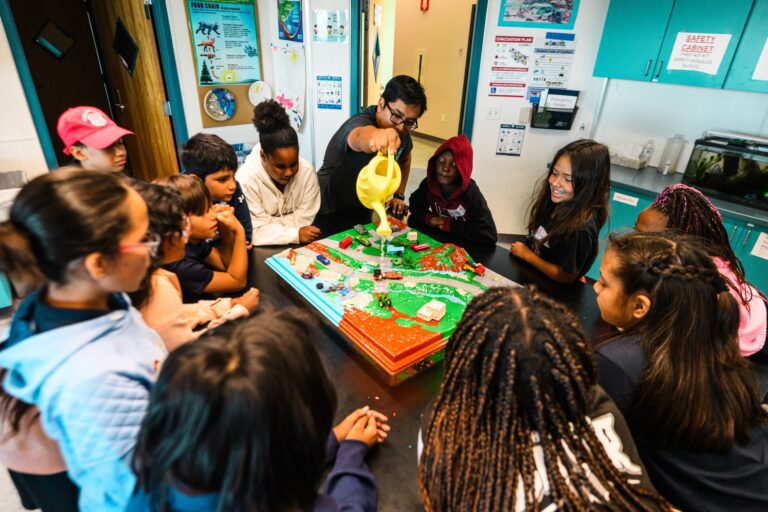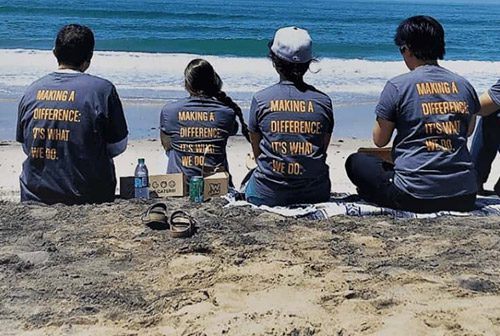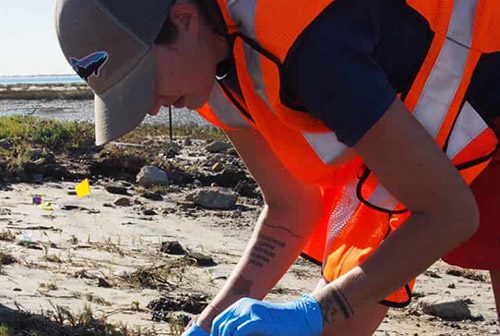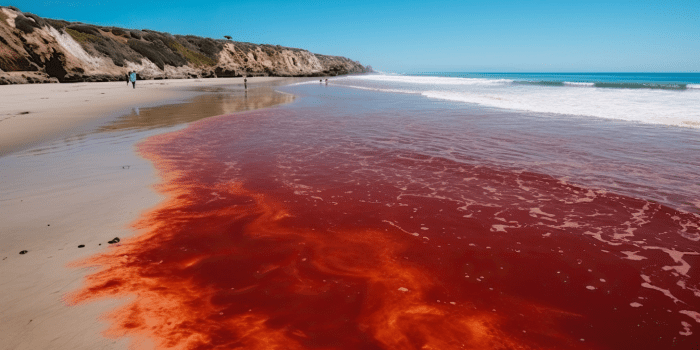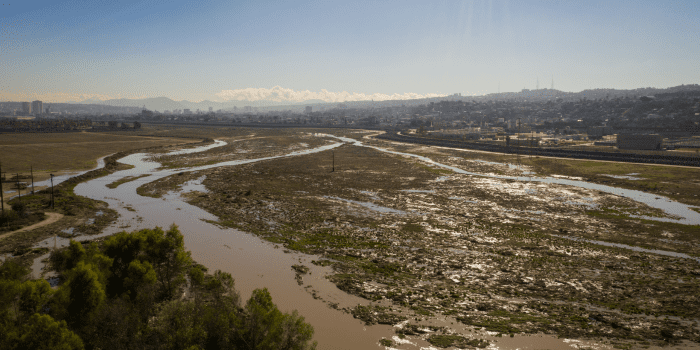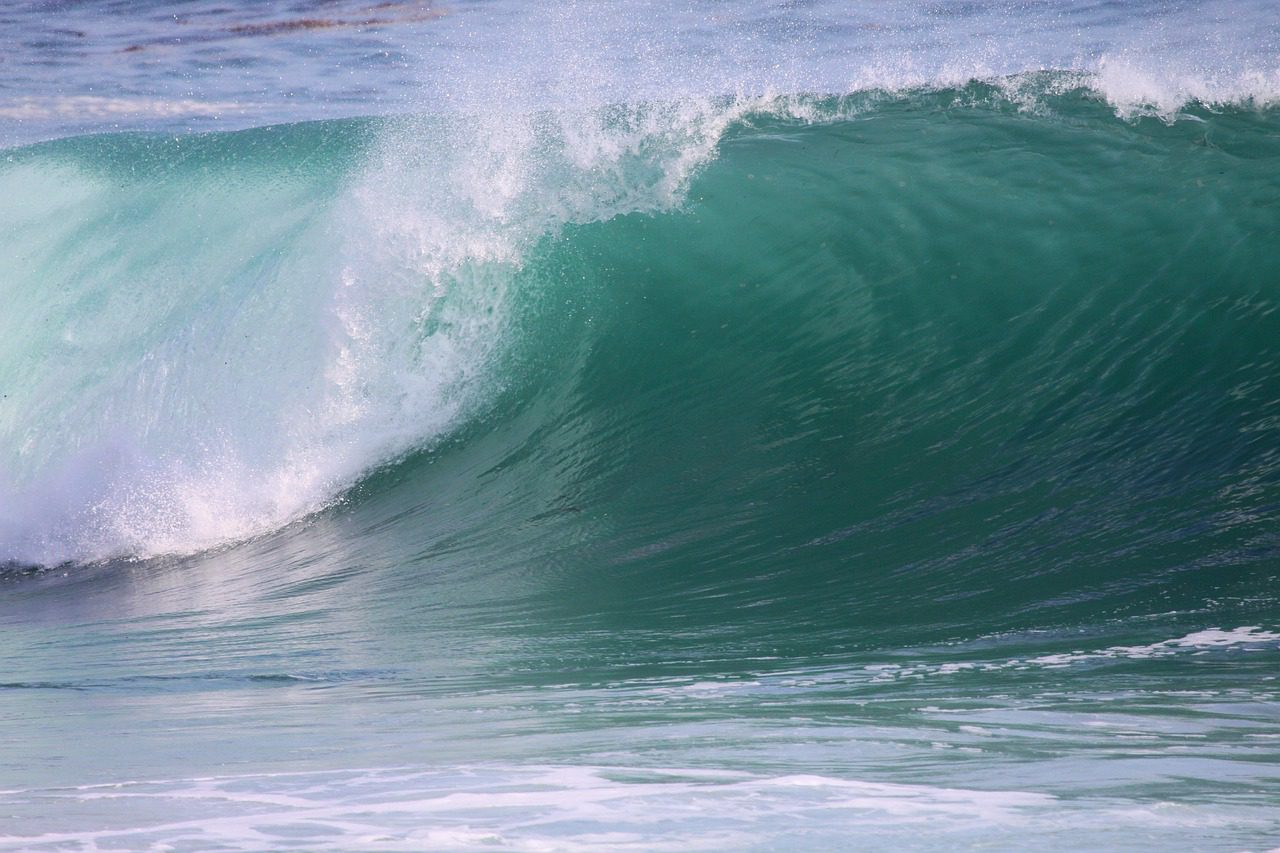San Diego recently hosted the California Ocean Protection Council (COPC), a committee we haven’t seen in this region since 2005. Governor Schwarzenegger created the COPC to regulate ocean health in California, and the commissioners represent the state’s leading elected and appointed officials. As the executive director of San Diego Coastkeeper, the county’s largest water quality non-profit, I was pleased to see the council include panels addressing both the desalination issue as well as the growing threats from marine trash.
The COPC included a panel discussion that will continue to elevate in importance through 2010 and beyond: marine debris and toxins in our ocean. The COPC set an objective to reduce the tonnage of debris along California’s coast by 50 percent within a 12 year period, ending in 2011. While we know this issue is staggering, scientists across the world are still gathering data to help us understand the complexity and size of the issue. We need more advanced research to comprehend how much plastic is accumulating in the open sea, at what rate and how it truly impacts the marine life.
After two years of collecting marine debris data at our cleanups, we find that plastics continue to dominate the type of debris found littering San Diego County beaches. So far this year, San Diego Coastkeeper engaged more than 12,000 volunteers to remove more than 183,000 pounds of trash at monthly cleanups and other cleanup events such as Coastal Cleanup Day, Creek to Bay and Morning after Mess. During the monthly cleanups in partnership with Surfrider Foundation, San Diego Chapter, more than 93,000 pieces of plastic and items made of plastic or Styrofoam were collected at 20 cleanups countywide.
This is only the trash we collected on the beach and doesn’t account for all the debris that floated into our oceans. Once there, bottles sink and the sun breaks plastics down into micro-sized pieces ingested by marine life and birds. This creates a problem so unseen scientists and researchers strive to measure its true impact.
COPC is just beginning to collect data from its 12-year mission to reduce debris along the state’s coastline, and I look forward to sharing with you their findings as they begin calculating them. This problem will not disappear easily; we’ll need to band together as a community to find solutions.

